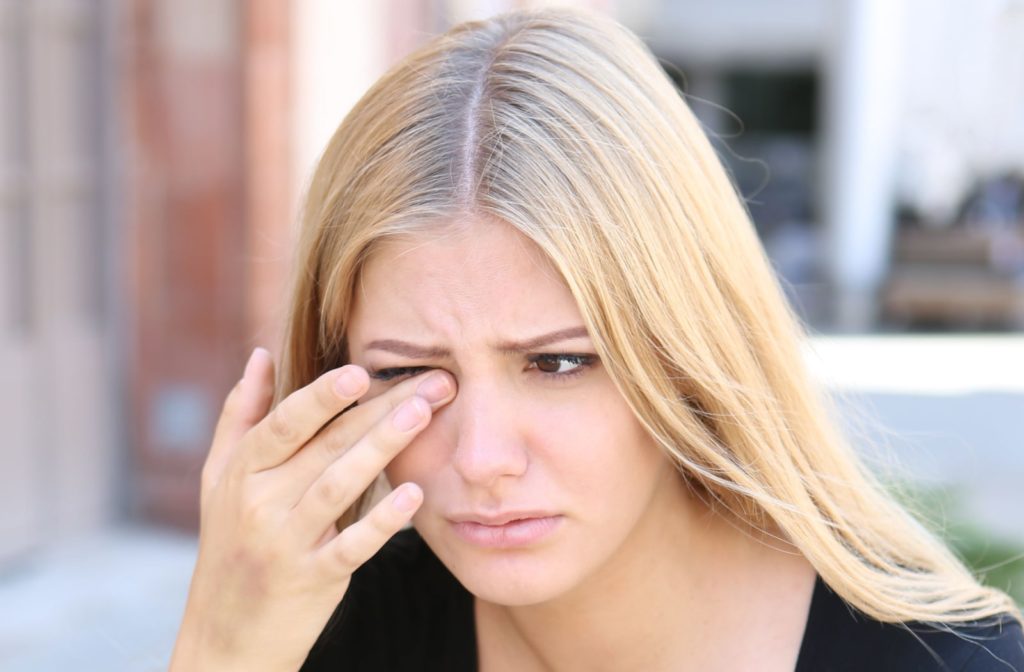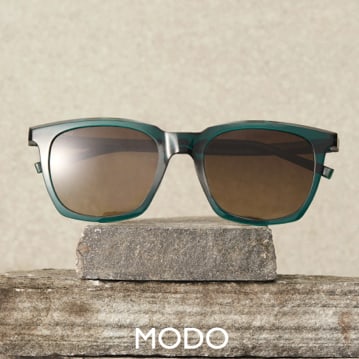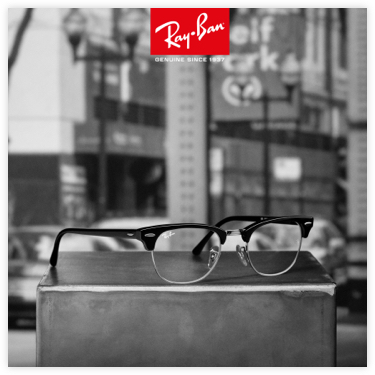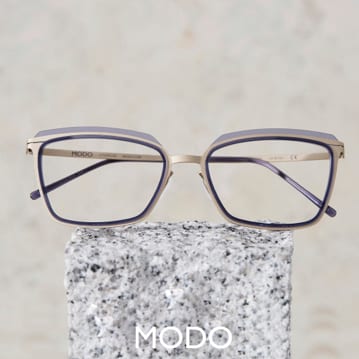When allergy season comes around, many people find themselves sneezing and coughing as pollen takes to the air. But those aren’t the only symptoms you may experience.
When seasonal allergies affect your eyes, your vision can become blurry as you try to see through swelling and tears.
Since blurry vision is a common symptom of many eye conditions, it may be hard to determine exactly what is causing it on your own. Fortunately, your optometrist can help find the root of the problem with a comprehensive eye exam.
What Causes Seasonal Eye Allergies?
An allergy is your body’s overreaction to a generally harmless substance called an allergen. Allergies can have several triggers, such as food or insect bites. Seasonal allergies, though, are typically caused by pollen, especially during spring and early summer when pollen counts are high and the winds are blowing.
Pollen is released into the air by trees, grass, and weeds, where it moves to fertilize other plants through the wind, birds, insects, and animals. It’s an integral part of nature, but it can be difficult to remember that when you’re having an allergic reaction.
However, when allergens like pollen get into your eyes, you could experience allergic conjunctivitis, also known as eye allergies.
Some common symptoms of seasonal pollen eye allergies include:
- Watery eyes
- Itchy and burning eyes
- Blurred vision
- Redness
- Dark circles under your eyes (allergic shiners)
- Puffy eyes
- Light sensitivity
- Mucus discharge (clear and watery, but it can be thick in some instances)

Eye Allergies
While eye allergies might be more common in certain seasons, they don’t just happen at those times. If you have an eye allergy, it could be triggered all year round. Common triggers for eye allergies include:
- Pollen
- Mould
- Dust mites
- Pet dander
- Chemical irritants such as smoke, perfume, and diesel exhaust
Eye allergies are also known as allergic conjunctivitis. If you have heard of conjunctivitis before, you may start thinking of pink eye, which can be highly contagious. While both these conditions are called conjunctivitis, you can’t catch allergic conjunctivitis from someone else.
Eye allergies come in 5 types:
- Seasonal allergic conjunctivitis (SAC) is the most common type. It typically occurs during the high pollen seasons of spring, summer, or fall and is accompanied by nasal symptoms.
- Perennial allergic conjunctivitis (PAC) is the same as SAC, but the symptoms occur year-round and are usually milder. Dust mites, pet dander, or mould can cause this.
- Vernal keratoconjunctivitis, a more severe eye allergy, occurs in boys and young men with skin issues. Symptoms include a thick mucus discharge and aversion to light.
- Atopic keratoconjunctivitis occurs mainly in older men with a history of allergic dermatitis. It’s similar to vernal keratoconjunctivitis in that both could potentially damage the cornea.
- Contact allergic conjunctivitis results from allergens or protein build-up on contact lenses, making wearing contacts difficult. In severe cases, this can lead to fluid sacs forming in the upper eyelid, called giant papillary conjunctivitis.
Seasonal Eye Allergies & Blurry Vision
Once an allergen gets in your eyes, you may notice changes in your vision. This reaction is from the cells in your eyes releasing histamine. When this happens, the blood vessels in your eyes and eyelids swell, potentially affecting your vision and making it blurry. Blurriness is common in giant papillary conjunctivitis, especially when it makes it difficult to wear contact lenses.
Histamine can also prompt your body to make more tears. Typically when your eyes do this, they’re trying to give you relief and wash foreign substances out of your eye. In the case of eye allergies, extra tears can be persistent and make it hard to see. In addition, allergies can cause a mucus discharge, further blocking your vision.
Finding Relief from Seasonal Allergies
In mild cases, sometimes the only thing you can do is wait for your allergic reaction to run its course. In the meantime, you can take steps to find relief from symptoms, such as:
- Artificial tears may wash away allergens and reduce the severity of dry eyes.
- Oral antihistamines.
- Decongestant eyedrops can help, but you shouldn’t use them for more than 2 or 3 days.
If your symptoms are severe or your eyes are swelling, you should see a doctor immediately. They can treat your allergies with a range of prescription eyedrops and medications.
However, if you can avoid allergens, you can stop allergy symptoms before they ever start. Since triggers related to eye allergies are typically airborne, this can be tough, but here are some simple steps you can follow:
- Close your windows when there’s high pollen outside
- Reduce exposure to dust mites with mite-proof pillow covers and bedding
- Wash your hands after touching a pet
- Wear wraparound sunglasses outdoors
- Control mould growth by lowering the humidity in your house
Experts in Clear Vision
You may suspect allergies are the cause of your blurry vision, but you need to know for sure. Our team at Old South Optometry is experienced in finding the root cause of vision issues.
Don’t let seasonal eye allergies stop you from living life to the fullest. Book an appointment today in London if you’re looking for relief from irritating allergy symptoms.











